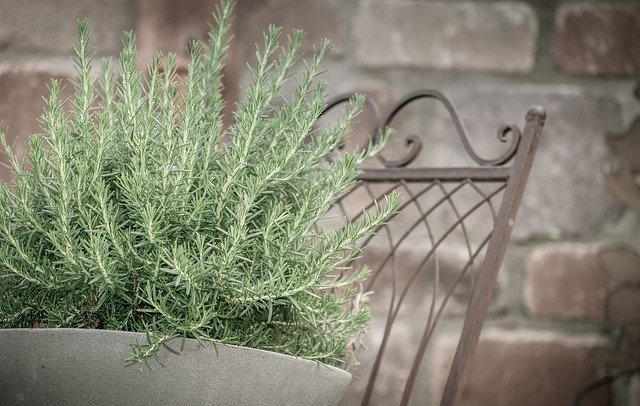Did you know that there are many edible plants and flowers that help you sleep? In fact, some of these plants can be eaten rawly or cooked. Many people don’t realize this, but consuming these plants can help improve your sleep quality. In this blog post, we will discuss 10 delicious edible plants and flowers that help you sleep!
Table of Contents
Chamomile
Chamomile (Matricaria chamomilla) is an edible plant that has been used for centuries as a natural remedy for a variety of ailments. Chamomile tea is a popular home remedy for insomnia and anxiety, and many people find that it helps them to get a good night’s sleep.

Chamomile tea is made by steeping chamomile flowers in hot water, and it can be consumed fresh or dried. Chamomile extract is also available in capsules, tinctures, and oils. Chamomile contains compounds that have sedative and anti-anxiety effects, and it is generally considered safe for most people to consume. However, chamomile may interact with some medications, so it is important to speak with a healthcare provider before consuming it.
Moreover, chamomile should not be consumed by pregnant or breastfeeding women due to the lack of safety data. When consumed in moderation, chamomile can help to promote relaxation and improve sleep quality. Therefore, it may be an effective natural remedy for those who suffer from insomnia or anxiety.
Lavender
Lavender is one of the most popular edible plants that help you sleep. The plant has a long history of use as a natural remedy for insomnia and anxiety. According to some studies, lavender may also help to improve the quality of sleep. For example, one study found that people who took a Lavandula angustifolia supplement slept more soundly and woke up less often during the night than those who did not take the supplement.
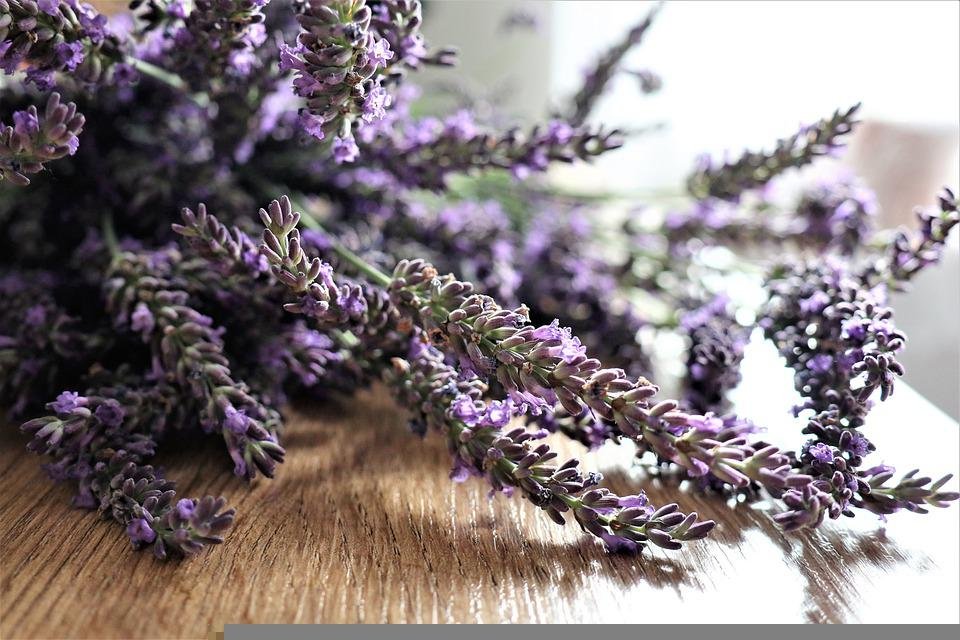
Additionally, another study found that people who sniffed lavender oil before bedtime slept more soundly and had fewer nighttime awakenings than those who did not use the oil. These studies suggest that lavender may be an effective natural remedy for insomnia. however, more research is needed to confirm these findings. If you are interested in trying lavender to improve your sleep, you can purchase the herb in dried or fresh form from most grocery stores.
You can also find lavender essential oil online or at health food stores. To use lavender for sleep, add a few drops of essential oil to your pillow or place a sachet of dried lavender under your pillow before bedtime. You can also steep fresh or dried lavender in boiling water to make a soothing tea. Drinking a cup of lavender tea before bedtime may help you to sleep more soundly through the night.
Valerian root
Valerian root is one of many edible plants that can help you sleep better at night. The root contains a chemical compound called valerenic acid, which has sedative properties. Valerian root is thought to work by affecting gamma-aminobutyric acid (GABA), a neurotransmitter that plays a role in regulating mood and sleep.
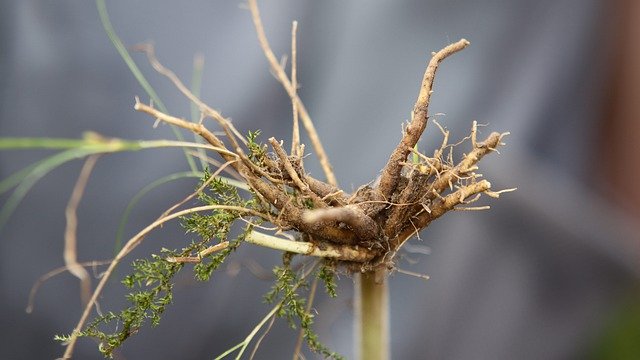
Research on the effects of valerian root on insomnia is mixed, but some studies have found that it may help people fall asleep faster and sleep more soundly. Valerian root is generally considered safe, although it can cause some side effects like headaches, upset stomach, and dizziness.
You can consume valerian root in capsules, tablets, tinctures, or teas. If you’re interested in trying valerian root for better sleep, talk to your doctor first to discuss whether it’s right for you.
Hops
Hops are a popular ingredient in beer, but they can also be used to make tea that can promote sleep. Hops are part of the Cannabaceae family, which includes marijuana, and like marijuana, they contain compounds that can have sedative effects. In fact, hops have been used as a sleep aid for centuries, and modern research has shown that they can be effective in treating insomnia.
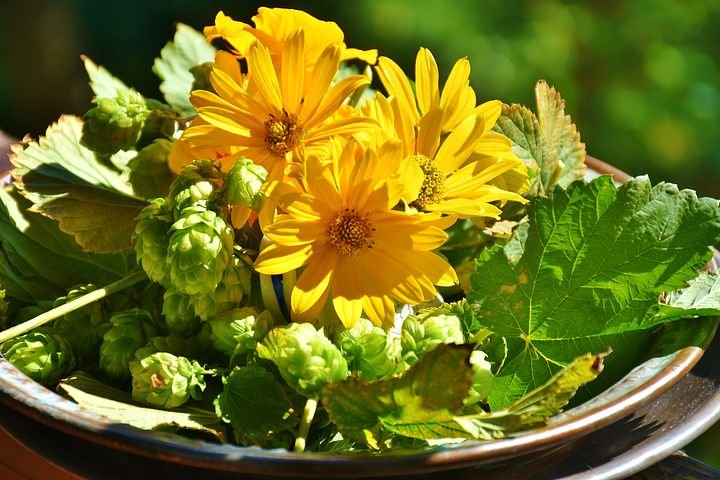
When consumed before bed, hops can help to induce sleep and improve sleep quality. They can also help to reduce anxiety and ease stomach discomfort. If you’re looking for a natural way to get a better night’s sleep, consider adding hops to your diet.
Passionflower
Passionflower is a climbing vine that produces beautiful flowers. The edible parts of the plant are the leaves and flowers, which can be eaten raw or cooked. Passionflower has a long history of use as a herbal remedy for insomnia and anxiety.
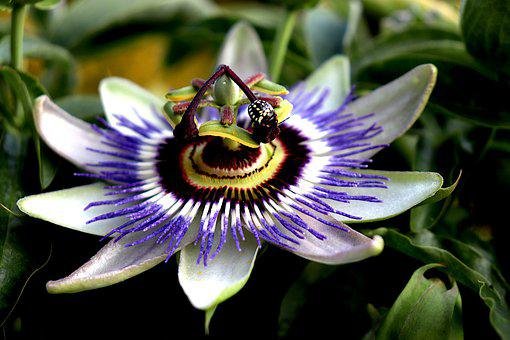
The plant contains compounds that have sedative and calming effects on the body. Passionflower is usually taken as tea before bedtime or in capsules during the day. It is important to consult with a healthcare provider before taking passionflower, as it can interact with certain medications.
Passionflower is generally considered safe, but some people may experience side effects such as headache, dizziness, or nausea. When used correctly, passionflower can be an effective tool for getting a good night’s sleep.
Skullcap
Herbal remedies have been used for centuries to promote relaxation and sleep. Skullcap is one such herb. It is a member of the mint family and has a long history of use in traditional medicine.
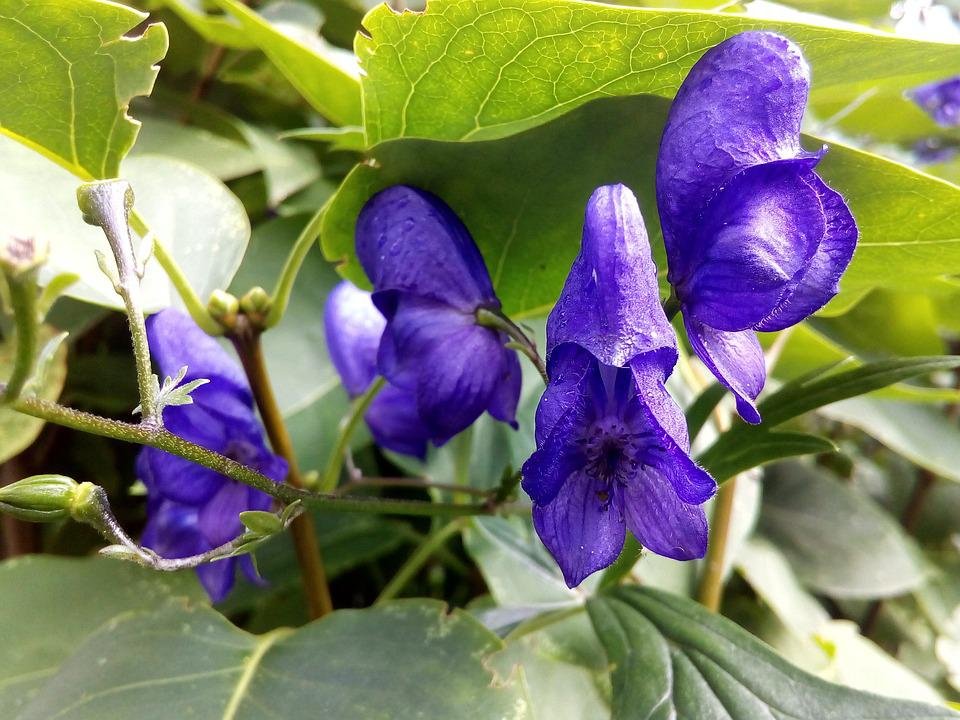
Skullcap is thought to work by increasing levels of gamma-aminobutyric acid (GABA) in the brain. GABA is a neurotransmitter that plays a role in regulating sleep and anxiety. Skullcap can be consumed in many forms, including capsules, tea, tincture, and extract.
It is generally considered safe, but side effects such as dizziness, nausea, and vomiting can occur at high doses. If you’re looking for a natural way to improve your sleep, a skullcap may be worth considering. However, it’s important to speak with a healthcare professional before starting any new supplement.
Lemon balm
There are a number of edible plants that can help you sleep, and lemon balm is one of them. This fragrant herb has a calming effect on the nervous system, making it ideal for people who struggle with insomnia.

Lemon balm can be consumed in a variety of ways, including as a tea, tincture, or capsule. It can also be added to foods such as yogurt or salad. When taking lemon balm as a supplement, it’s important to start with a low dose and increase gradually as needed. The recommended dose is typically 300-500 mg before bedtime. Some people may experience mild side effects such as headaches or upset stomach when taking lemon balm.
If these occur, simply reduce the dose or discontinue use altogether. Ultimately, incorporating lemon balm into your nightly routine can help you get a better night’s sleep.
Kava kava
Kava kava is a traditional herb native to the Pacific Islands. Today, it is also grown in Hawaii, where it is used to make a popular beverage known as kava tea. Kava tea is made by brewing the ground or powdered root of the kava plant in water. It has a slightly bitter taste and is usually drunk for its calming effects.
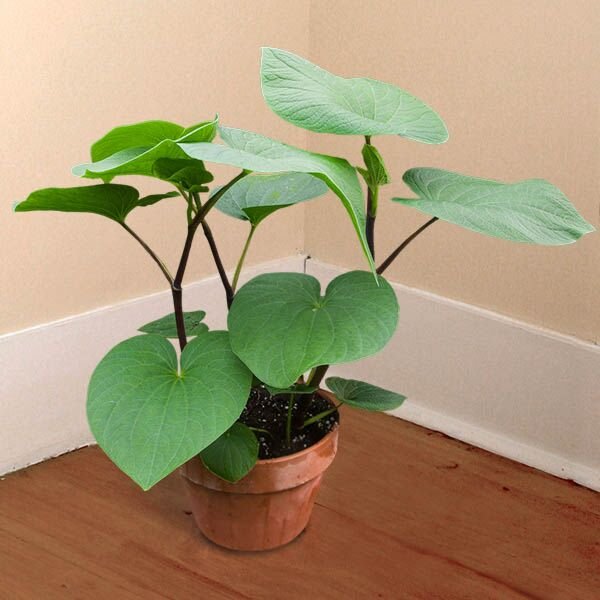
Kava tea is rich in kavalactones, which are compounds that have been shown to relax the mind and body. In fact, kavalactones are thought to be responsible for most of the kava’s therapeutic effects.
Kava tea has traditionally been consumed before bedtime or during times of stress to promote relaxation and improve sleep quality. While there is no conclusive evidence that kava tea can treat insomnia, several studies have shown that it can reduce anxiety and improve sleep quality. If you’re looking for an edible plant that may help you sleep better, kava tea is definitely worth trying.
Catnip
Many people are familiar with catnip as a plant that cats enjoy, but not as many know that it is also edible for humans. Catnip is a member of the mint family, and its leaves can be brewed into tea. This tea has a sedative effect and can help people to get a good night’s sleep.
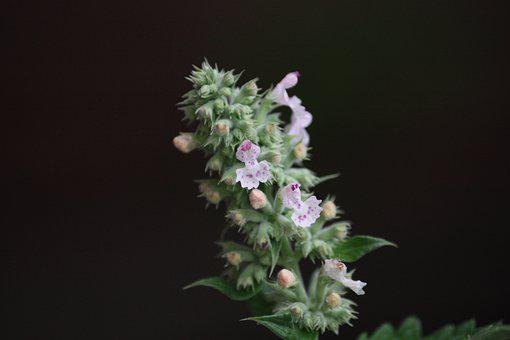
Catnip tea is especially effective when taken before bedtime. The plant contains a compound called nepetalactone, which acts on the brain in a similar way to Valium. As a result, catnip tea can help to relieve anxiety and promote relaxation.
If you are having trouble sleeping, try brewing up a cup of catnip tea before bedtime. You may just find that it helps you to get the restful sleep you need.
Poppy
Poppy is an edible plant that can be found in many gardens. The petals and leaves of the poppy plant are edible and have a sweet taste. The flowers of the poppy plant are also edible and have a mild flavor. The poppy plant is a member of the Papaveraceae family, which includes other edible plants such as opium poppy, bread seed poppy, and corn poppy.
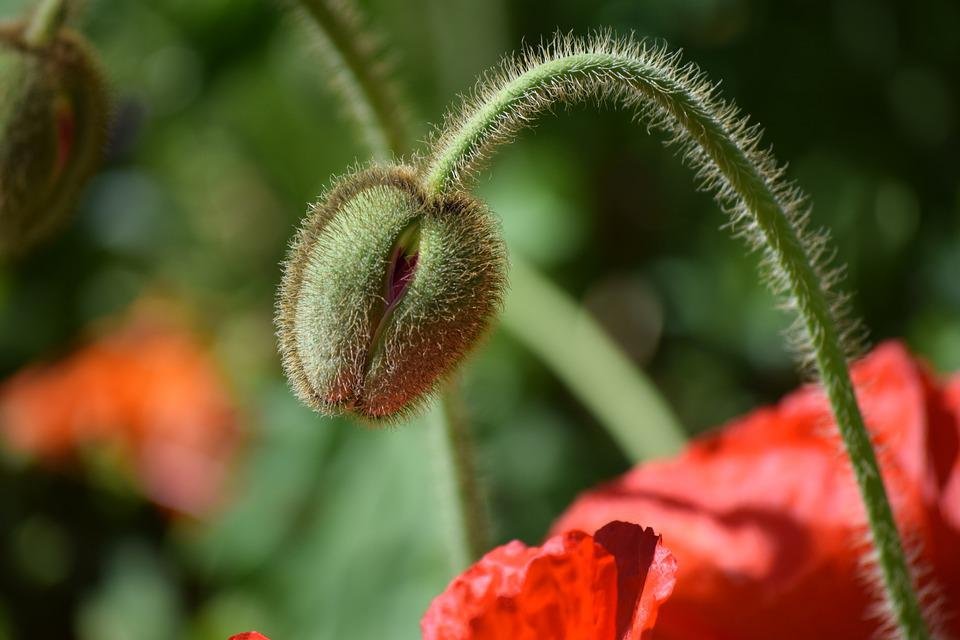
Poppy Seeds are high in magnesium, which is a natural relaxant. Magnesium can help to alleviate muscle tension, headaches, and cramps. Research suggests that magnesium may also help to improve sleep quality. Poppy seeds can be consumed in a variety of ways, including sprinkling them on top of salads or cereals, adding them to baking recipes, or grinding them into a powder to create a tea.
These are just some of the many edible plants and flowers that help you sleep. If you are looking for a natural way to improve your sleep quality, consider consuming one of these plants. You may be surprised at how effective they can be!
Do you have a favorite edible plant or flower that helps you sleep? Let us know in the comments below! And be sure to check out our other blog posts for more information on natural remedies for sleep. sweet dreams!

Gardening is my passion and growing plants indoors has always been a stress relief for me. Grow a banana tree in my apartment once (although failed to produce bananas).





